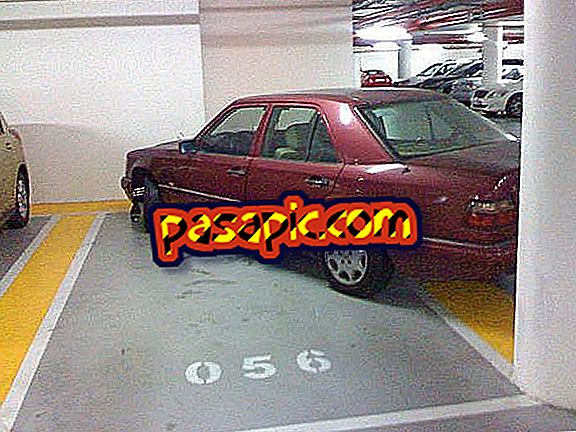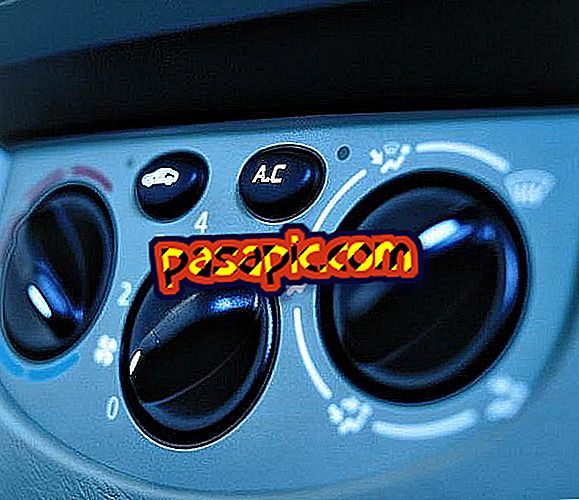How to contrast the information

In the era of information and digital technologies, precisely when the data is more abundant and accessible, it becomes more necessary than ever to know how to discern if the messages we receive or that we are going to issue are correct, false or inaccurate. Whether it is for a job at school or in the writing of a newspaper, it is essentially the same process. If you want to know how to contrast the information, we offer you some guidelines.
Ethical commitment
The first step is to be clear that offering accurate and contrasted information at all times is a task that demands from the beginning an ethical commitment, both with oneself and with the recipient of our message, whether they are readers of a publication, a professor or In any other case.
Overabundance of information
Thanks to the Internet we have an overabundance of information available in a second, and what we tend to sometimes is the convenience of offering only the first results that appear on Google or the first thing you find on Twitter, without further checking. Our work, however, can not be as immediate as that of a search engine or a social network, and we must be aware that time and effort are required for quality work.
Conforming to take for granted the first version of information on the Internet impoverishes our experience as users, harms our readers and makes us well-off authors. Therefore we must bear in mind the ethical commitment, no matter how much hurry they may be in some occasions.
Compare versions
Whether it is a written or oral source, the ideal is that at least two or more versions of the same story be matched by two sources that are not directly related to each other. As circumstances do not always exist, we must ensure that the information comes from at least one source that is creditworthy.
It will then be up to each one to assess the veracity of an information if there are two versions that contradict each other, depending on the reliability of the source, their personal interests, our personal relationship with them, and so on. It is a subjective and difficult task in itself, so it is necessary to have all the testimonies that are possible, to make it more bearable.
Bibliographical sources
Google, Wikipedia and social networks are perfect sources to know in an instant the first details on any subject and for the last minute information. However, for deeper topics and complete information, libraries and newspaper archives are still the most suitable alternative, in addition to oral sources, of course.
Relying fully on what a post or article says without citing a reference bibliography can be a risky practice according to which areas, and the ideal is always to have access to the original source, instead of reproducing references to it.
Tips- Do not settle for the results of the first page of Google or any other search engine.
- Refine your search on the Internet by testing with synonyms, quotes in quotes and other commands.
- Try to always have access to the original source of information.
- Always compare at least two versions of the same story


